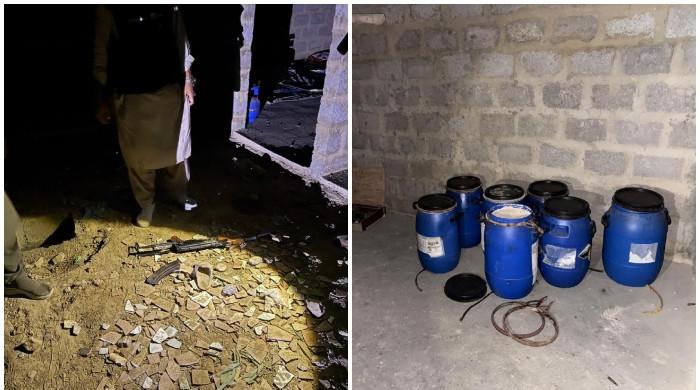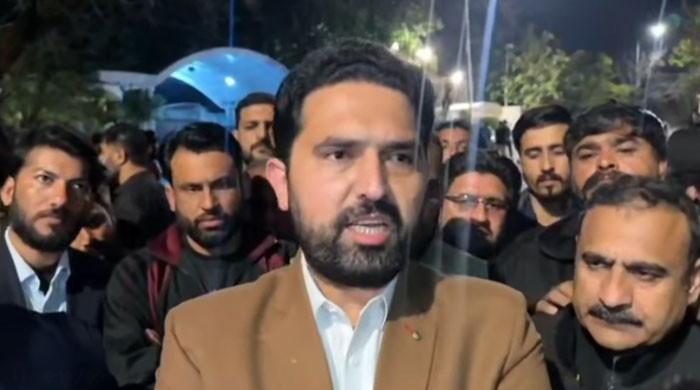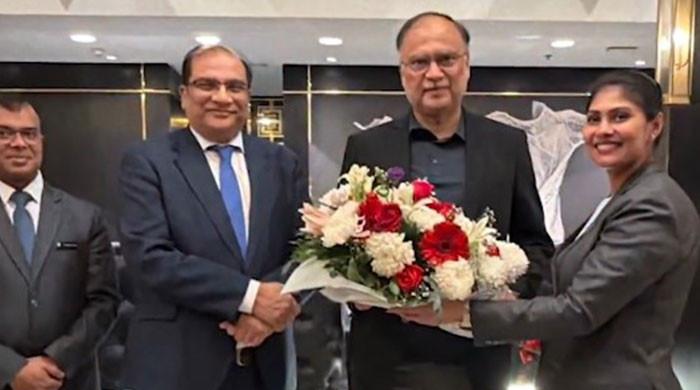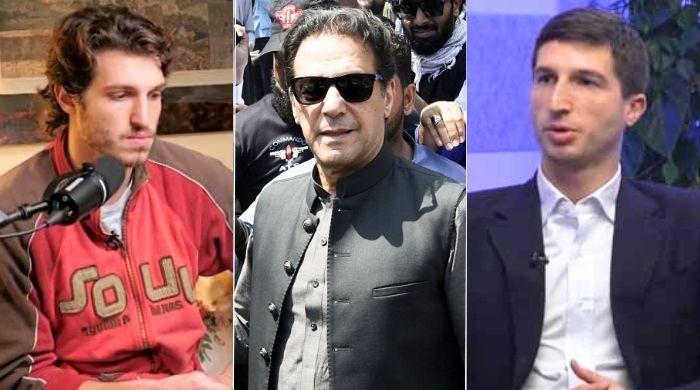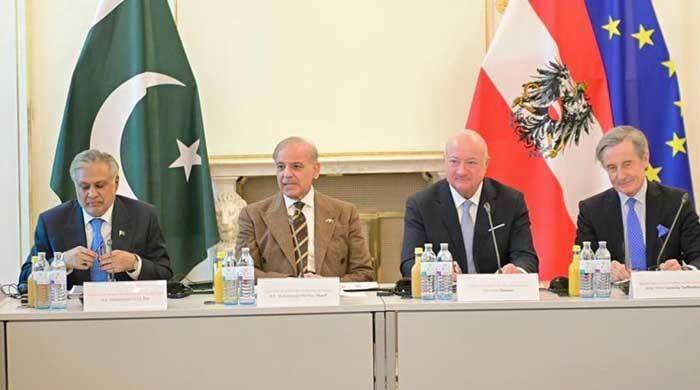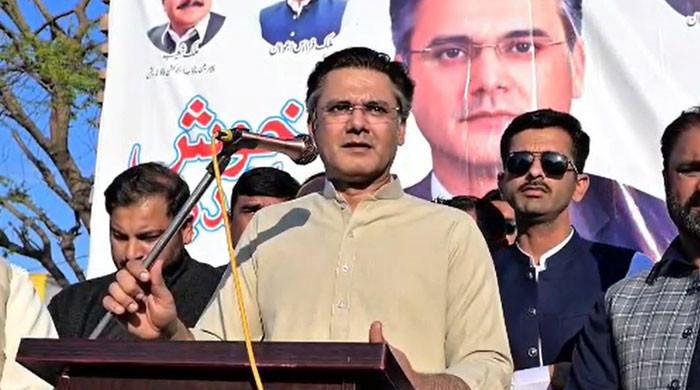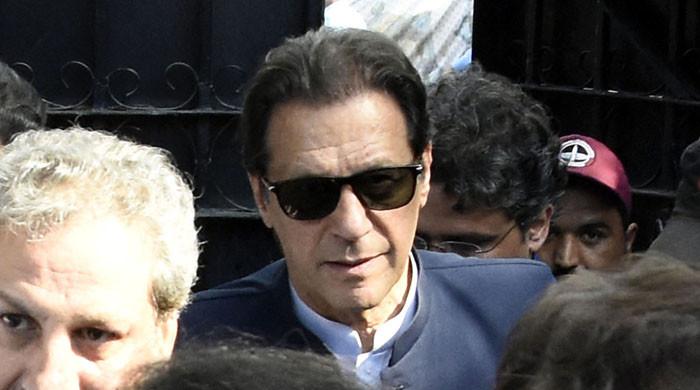Crack appears in opposition unity earlier than expected
The cluster will crack up so early was something inconceivable
May 18, 2016
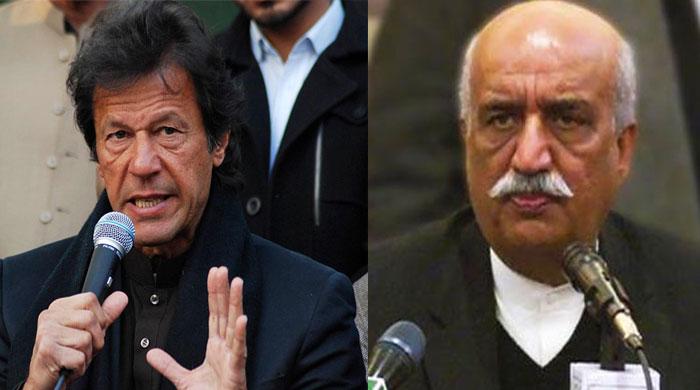
ISLAMABAD: While Muttahida Qaumi Movement (MQM)’s ostensible severance from the joint opposition turned out to be a major setback to the grouping, it demonstrated sanity by ending boycott of the National Assembly and Senate and resolving to sit with the government for formulation of consensus Terms of Reference (ToRs) and a new law for the judicial commission to probe offshore companies.
The monolithic unity of the loose opposition collection has been under debate since word go because of differing objectives and ambitions its component parties wish to achieve by putting the government on the mat on the question of offshore companies of Prime Minister Nawaz Sharif’s children.
But it was conceivably not visualized that the cluster will crack up so early.
The MQM has been erratic in taking decisions and reversing them at the drop of a hat. It has been opposed to breaking bread with any opposition constellation that has the Pakistan Tehreek-e-Insaf (PTI) in its fold but still it went along the new coalition on the Panama leaks to avoid political isolation.
This time too, its ‘reservations’ relate to the identification of certain PTI leaders including Imran Khan as owners of offshore shells.
In the fragile opposition alliance, there is no binding or dominant force or party, which is in a position or has clout and influence to sway any other component like the MQM into remaining a part of the bandwagon. Numerically, the MQM is the third largest parliamentary force after the Pakistan People’s Party (PPP) and PTI in the opposition coalition. Its drifting away is a great loss to the grouping by any standards at a time when it is bombarding the prime minister with countless questions, feeling that it can gain a lot politically by this tactics.
Apparently, the government is too happy watching the MQM slipping away from the opposition although it has hardly done anything to create this split.
However, the division did not come as a surprise to discerning political minds.
It is not ruled out that the PTI may also move away from the alliance because Imran Khan is not comfortable with playing second fiddle to leaders like Khursheed Shah as he thinks that he is the most popular politician and it is not according to his standing that he has a secondary role.
After the prime minister’s parliamentary speech on Monday, things have started moving seemingly in the right direction, which will help lower political temperature.
But still working out consensus on the ToRs and the fresh law will be an uphill task. A positive development is that the two sides articulated their willingness without preconditions and reservations to sit together and hammer out unanimous terms and the new law. They are in the process of picking up their representatives for the impending talks.
The opposition’s decision to dispense with the boycott of the two parliamentary chambers was encouraging, which reflected prudence and good sense. It is inane for parliamentary players to stay away from the legislature from where they draw strength and status.
“Parliament is our forum. How can we run away from it?” leader of opposition Syed Khursheed Shah said after presiding over a meeting of the grouping. Alas, this fact did not dawn upon him when he led the walkout of the joint opposition from the National Assembly after Nawaz Sharif’s address. That was the appropriate time and opportunity to take on the prime minister when he was there to face and listen to the attack.
The return of the combined opposition forces to the parliament poured cold water on the efforts of some of their elements, who are desperate to take protest to the streets instead of the legislature. Such lot is demoralized seeing the opposition remaining within the parliament to protest the way it likes.
Speaker Sardar Ayaz Sadiq played a key role in calming down the situation by holding a meeting with the opposition representatives to implement the announcement of the prime minister that he should form a committee of the two sides to devise consensus ToRs and fresh law. He did not waste even a day and promptly convened a meeting. If the opposition is disposed to parleys to sort out the contentious issues through negotiations to pave the way for constitution of the judicial commission, the government is also absolutely pushed to tide over the conundrum so that political normalcy prevails.
What is required by both sides to follow is to keep away hawkish elements, who want to create instability for petty political gains or who are keen to take revenge from the prime minister for their marginalization.
The opposition forces will need to give representation in their team to most of their component parties by inducting at least one leader of each party. However, the real work will have to be done by legal minds because technical details will have to be sorted out during the tough dialogue. Months would be required to reach the final accord. In-between, the federal budget will be unfolded and the National Assembly will debate it for at least three weeks before its passage. The Senate too will engage in a similar exercise.
—Originally published in The News




